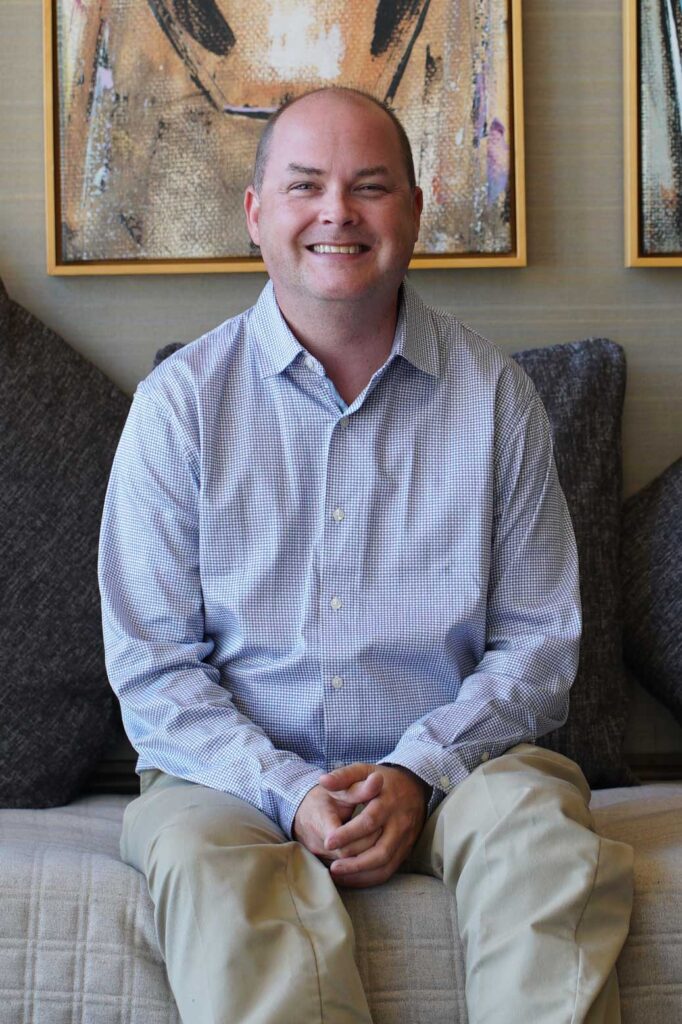So my friends and I started a book club at the beginning of May. Since we’re a group of young, hip ladies, we wanted to make sure our monthly book club picks were cool. We will read nothing that would appear on Oprah! We are not Soccer Moms over here!
Unfortunately, our book club got off to a rocky start. The horror/alternative history novel Abraham Lincoln: Vampire Hunter proved to be too young and hip, and actress Tina Fey’s random collection of anecdotes titled BossyPants was not cohesive enough to yield any compelling conversations.
Now it’s my turn to pick, and the previous two month’s failures of Book Club are weighing on my conscious like a stack of Encyclopedia Britannicas. I know that if I miss the mark it’ll be strike three, and our well-intentioned club could very likely vanish.
So, as with every important decision in my life, I decided to consult Google. And instead of finding comfort, I found “One Book, One Twitter”: 2010’s failed twitter-based book club experiment.
The concept was covered by dozens of media sources from NPR to Wired: a book-of-the-month would be chosen via a democratic online vote, people would read it, and the tweets would pour in. Anyone could participate! You could say anything you wanted! (Anything under 140 characters, of course.) But when the following month rolled around, the club’s second book was never chosen.
Why did “One Book, One Twitter” disappear? Was it the fact that you can’t possibly make a meaningful post about a novel in 140-characters? Was it because there were too many anonymous jerks out there in the Twitterverse spewing out spoilers? Or was it because having too many people participate in a discussion is as isolating as having no one participate?
Maybe the project’s failure was my personal fear realized: it was the book’s fault. The novel chosen for the project was American Gods, a 624-page fantasy novel by Neil Gaiman, and even he was skeptical about the choice. “Some people love it, some sort of like it, and some people hate it … It’s not a book I’d hand out to everyone,” he reported on his blog.
In June 2011, a year after the initial failure of “One Book, One Twitter,” the project was relaunched under the name “1book140” (I don’t get it either). However, from the look of his home base at The Atlantic, creator Jeff Howe seems to be working hard to clear up confusion and keep users engaged.
Call me old-fashioned, but this may be an instance where the worldwide social media outlet just doesn’t work as well as the local, real life one. I think I’ll stick to my small living room, five young/hip/anti-soccer-mom friends, and whatever Oprah tells us to read.

Mobile-First Marketing: Why It’s Essential Today
Not long ago, mobile optimization was viewed as a competitive advantage—a forward-thinking enhancement for brands looking to stay ahead. Today, it’s the foundation. For most consumers, the mobile experience is the internet, shaping how they discover, engage with, and connect to brands every day.



